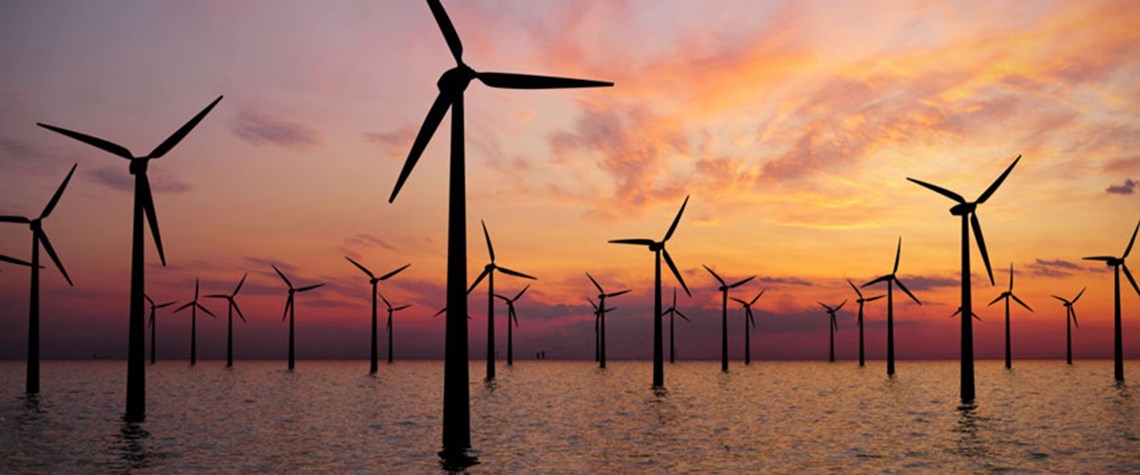Energy crisis will not derail transition – DNV
Falling cost of renewables and rising carbon prices will outweigh short-term turbulence, risk management firm says in new forecast
Current volatility in global energy markets will have a minimal impact on the pace of the energy transition to 2050 as rising long-term carbon prices and plunging renewables costs outweigh short-term factors such as inflation and supply-chain disruptions, according to risk management company DNV. “The turbulence in the energy market does not dramatically alter the decarbonisation pathway towards mid-century,” says Remi Eriksen, CEO of DNV. “The strongest engine of the global energy transition is the rapidly reducing costs of solar and wind energy, which will outweigh the present short-term shocks to the energy system.” However, the world is heading for 2.2°C warming by the end of the century

Also in this section
21 July 2024
Awards experience 20% increase in nominations this year, with submissions from 27 countries
18 July 2024
Platform developed at Scottish university uses advanced simulations and machine learning to find most cost-effective and sustainable combinations of materials for use in carbon capture
18 July 2024
Stockholm Exergi agrees to one of world’s largest deployments of CO₂ liquefication technology to enable transport of emissions captured from biomass power plant
11 July 2024
Watkins will leverage her financial acumen and strategic insight to lead Gulf’s commercial initiatives across media, events, and market intelligence







